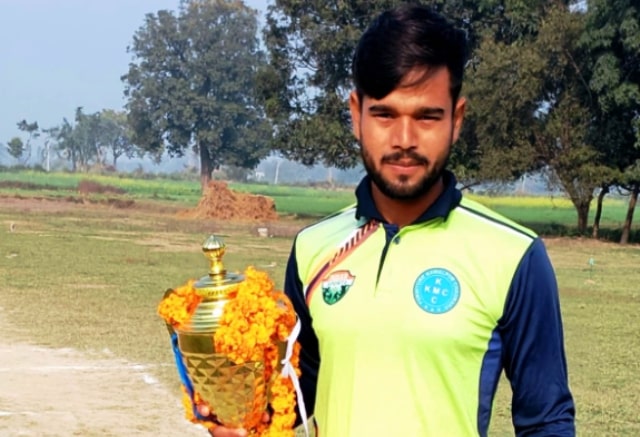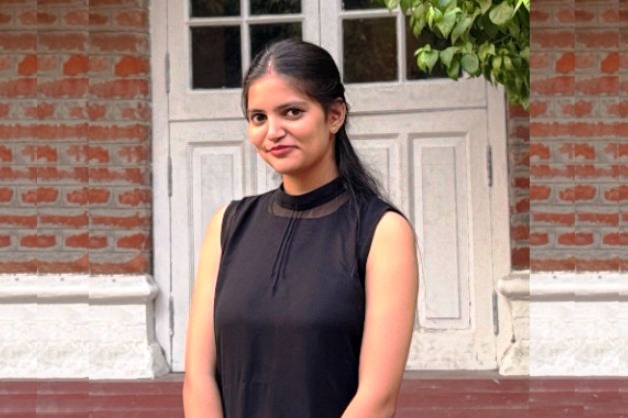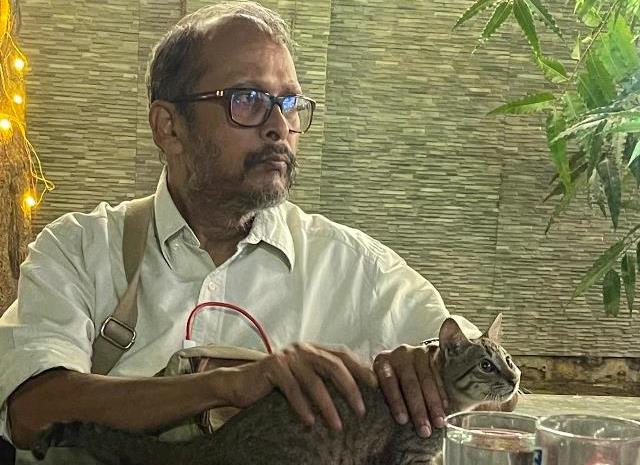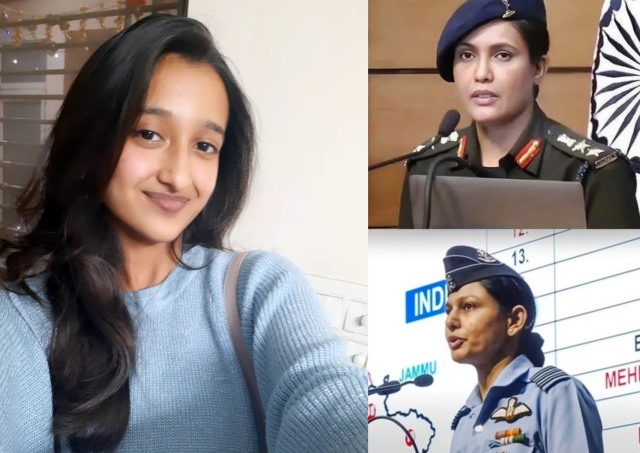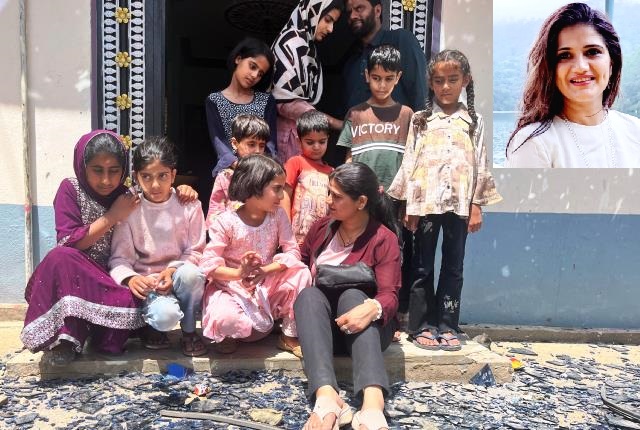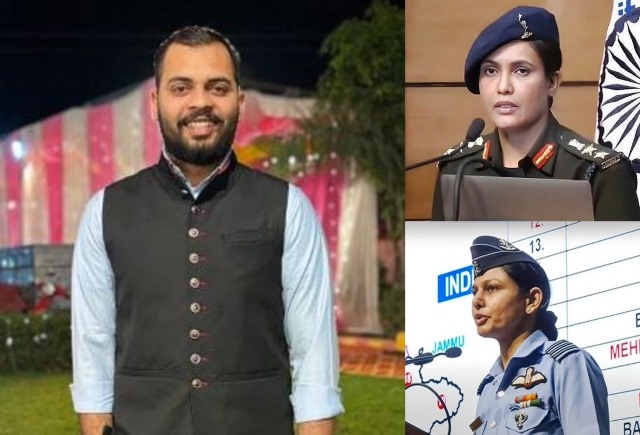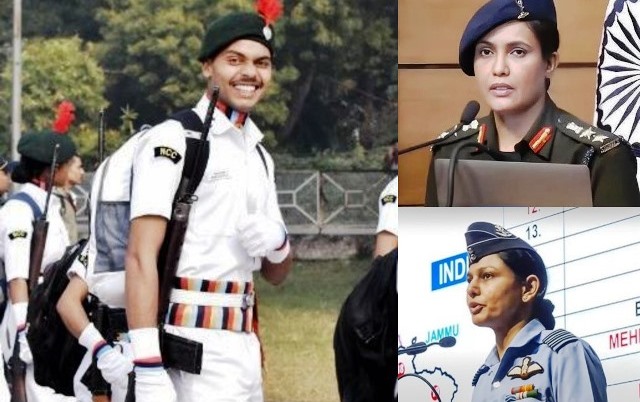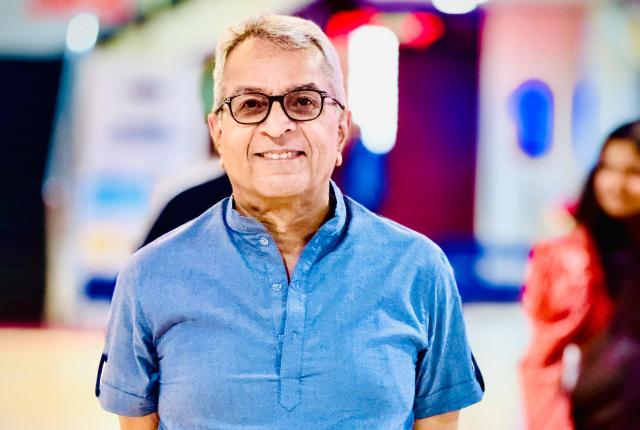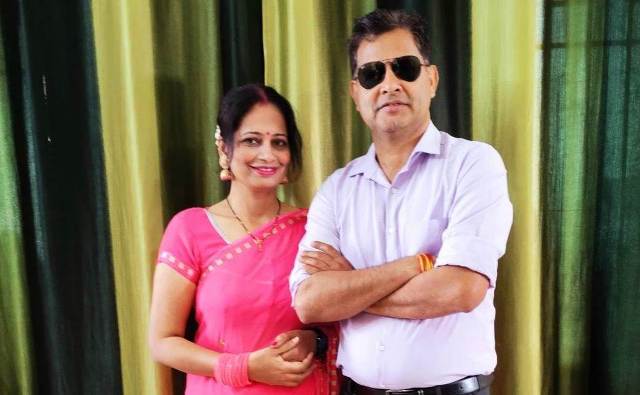Shreyan Sharma, a budding cricketer from UP, says behaviour of Pakistani cricketers and their mentors proved that India were right in refusing to shake hands with them. His views:
First of all, the Indian cricket team deserves a standing ovation for the enormous victory in the Asia Cup and besides winning the tournament, we, as players and Indians, also like to bow down before them for their treatment and body language that they extended towards the Pakistani players and the officials throughout the tournament. Ditto are my feelings for the women cricket team’s performance in Colombo against their Pakistani counterparts.
Besides enjoying all the matches where India defeated Pakistan effortlessly, it was also very pleasant to watch the pre- and post-match `ceremonies’ including the toss and the moments after the players defeated Pakistan and walked out of the field ignoring the Pakistani players as if they never existed on the ground.
Be it our captain Surya Kumar Yadav or Abhishek Sharma, Shubhman Gill, Tilak Verma and any other team members, all of them played with a remarkable grit and determination against the arch-rivals in all the three matches (including the final) and the victories never felt tough. The best thing that emerged was that the team was not dependent upon the performance of some selective players – everyone did his bit in every match and our players took chances to burn out the fumes of the Pakistani players.
ALSO READ: ‘Seniors Cricketers Should Retire Gracefully, Not Drag Feet’
The best of the best was yet to come – when Team India refused to accept the trophy from the Pakistan minister and ACC chairman Mohsin Naqvi. While what could have been a more decent step for Naqvi to avoid further humiliation was to quietly walk away, he literally left no option for himself to save face by running away with the trophy and the medals!
The celebrations, however, went on without the trophy by the Indian team as one of the most politically charged tournaments finally pulled down the curtains, with more drama off the field. This once again reiterated that sport administrators like Naqvi should have exercised constraint and shown more maturity than the players and fans, as their success will always be measured by the smooth conduct of any event.
They (players and the Pakistan office bearers) deserve it – leaving no face saving options on any kind of international forum has become quite a habit for them – right from begging on all international platforms to devising new ways and generating opportunities to auction their self-respect. It should have been a better option for them to stage a walk out from initial matches against India than to hand over the stick and offer themselves a battering.
What I could just say is that ever since I started playing and following cricket, I have never seen anything like this – that a champion team has been denied a trophy, that too a hard-earned one. However, as our captain SKY rightly said that `my trophies are sitting in the dressing room, all the 14 guys with me and the support staff – those are the real trophies throughout this journey in the Asia Cup.’ That is the spirit of the game, the spirit which cannot be expected from a loser like Pakistan.
As told to Rajat Rai
